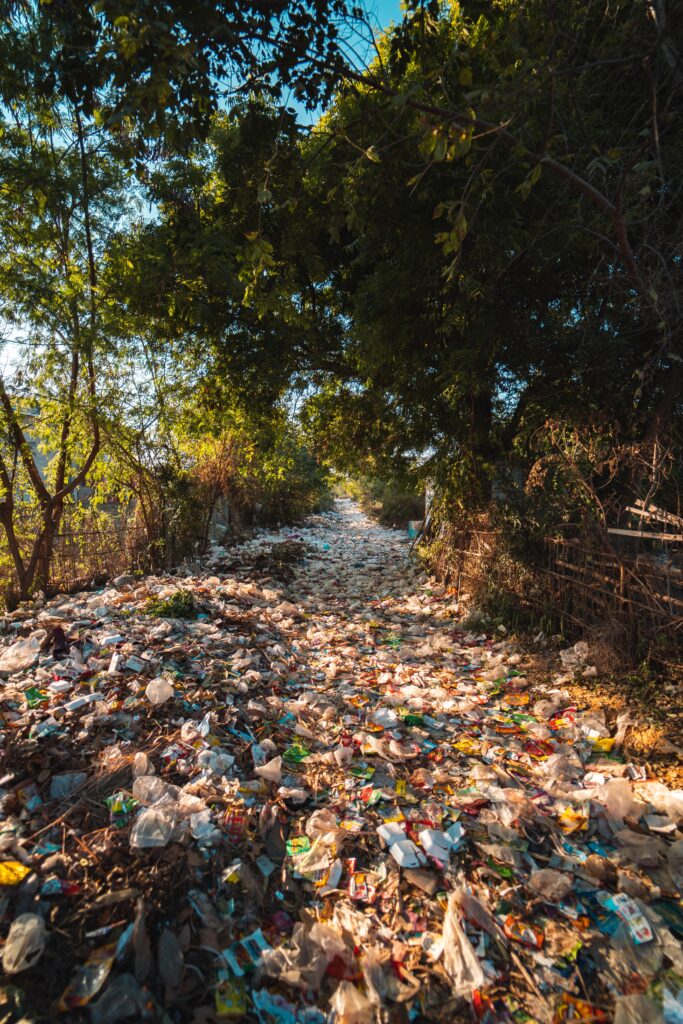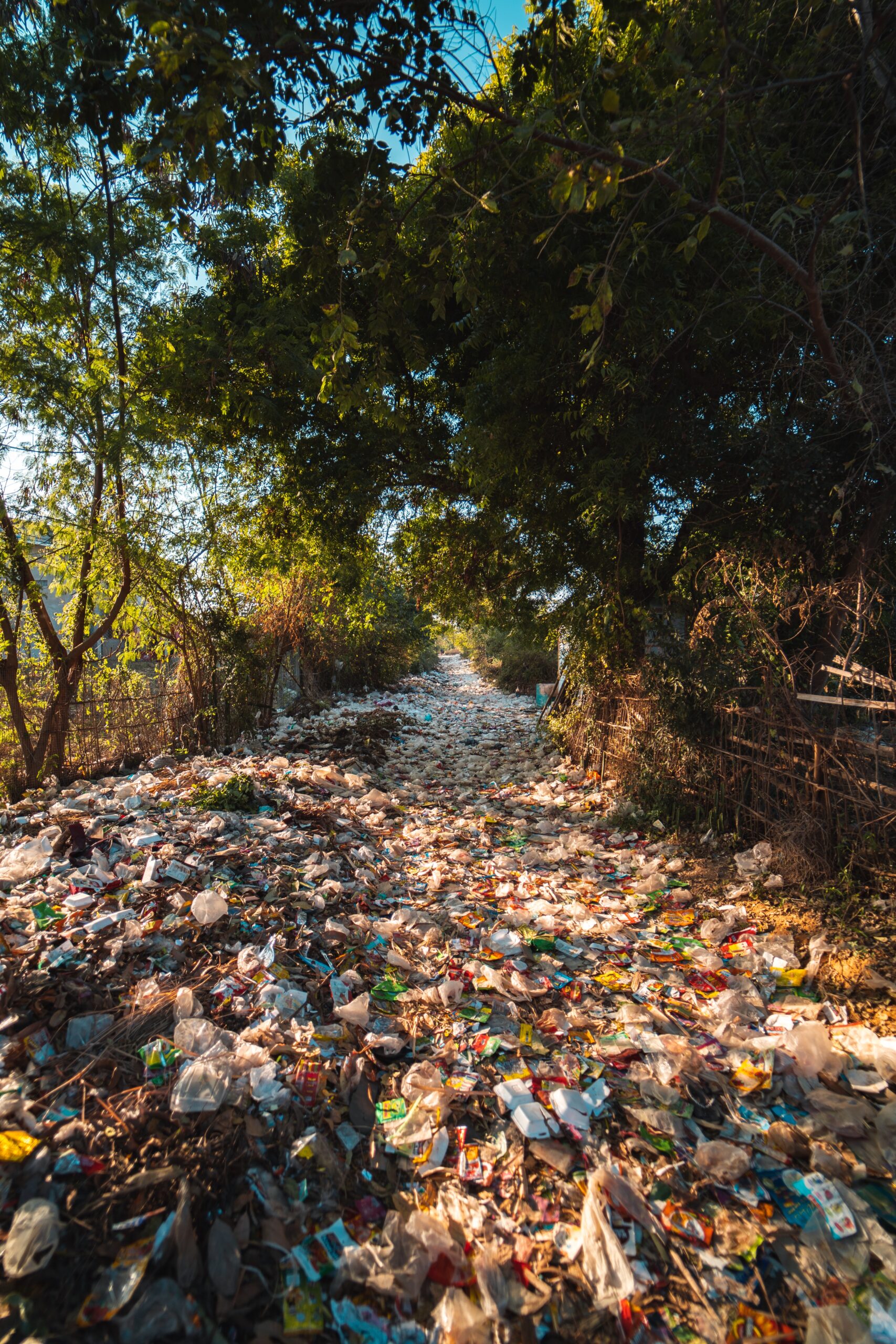
By Khulile Thwala
The Minister of Tourism and Environmental Affairs Moses Vilakati has said the proposed plastic levy of 35 cents will be remitted to the Environment Fund.
The minister said the 35 cents levy will be collected once the Control of Plastic Bags Regulations of 2021 is enforced. The levy will be collected by the Eswatini Revenue Service (ERS) which will then remit the proceeds into an Environment Fund.
“The fund will finance waste management activities including the inspection for compliance and enforcement under the regulations and other activities or schemes aimed at protecting the environment,” says Vilakati.
The Eswatini Environment Authority (EEA) oversees the enforcement of the Control of Plastic Bags Regulations of 2021. Detailing the purpose of the Fund he highlighted that it was to aggregate funds from different sources to ensure sustainable funding for programmes, projects and activities that provide for and promote the protection, conservation and enhancement of the environment and the sustainable management of natural resources; and to provide financial support for activities aimed at the enhancement, protection and conservation of the environment and the sustainable management of natural resources and supporting community participation in these activities; as well as enhance and restore the environment.
The Fund is housed at the Eswatini Environment Fund (EEF) and is managed by a Board of Trustees comprising five trustees appointed by the minister.
“The levy will be collected at the point of sale,” shared the minister.
A levy of 35 cents was proposed at Parliament with the Control of Plastic Bags Regulations of 2021 which are yet to be enforced. Currently, at some retail stores and hypermarkets, plastic bags are sold to customers at differing price ranges, depending on either the size of the plastic or the quality. Plastic bags in stores range from E1 to E3.
The issue of plastic pollution, which is mostly a result of single-use plastic bags, has triggered developed countries to formulate plastic bag tax levies to regulate the issuing of plastic bags. Noteworthy is that plastic bag bans and levies if properly planned and enforced, can effectively counter one of the causes of plastic overuse.
Single-use plastic bag pollution necessitated EEA to put together Plastic Bag Regulations that currently await Parliament approval. The regulations are two-pronged; first, it introduces a levy on every single-use plastic bag issued by retail outlets and it then provides an option for the government to completely ban single-use plastic bags.
This phased approach is meant to allow both retailers and consumers to prepare for a complete ban on single-use plastic bags. Although the levy approach has proven to be effective in reducing the distribution of single-use plastic bags by retailers, studies have shown that the effectiveness of the levy is price inelastic in the long run.
The levy tends to create a cost shock for consumers in the short run that deters consumers from demanding plastic bags, but in the long run, the additional cost of the levy becomes negligible compared to the cost of the shopping basket.






